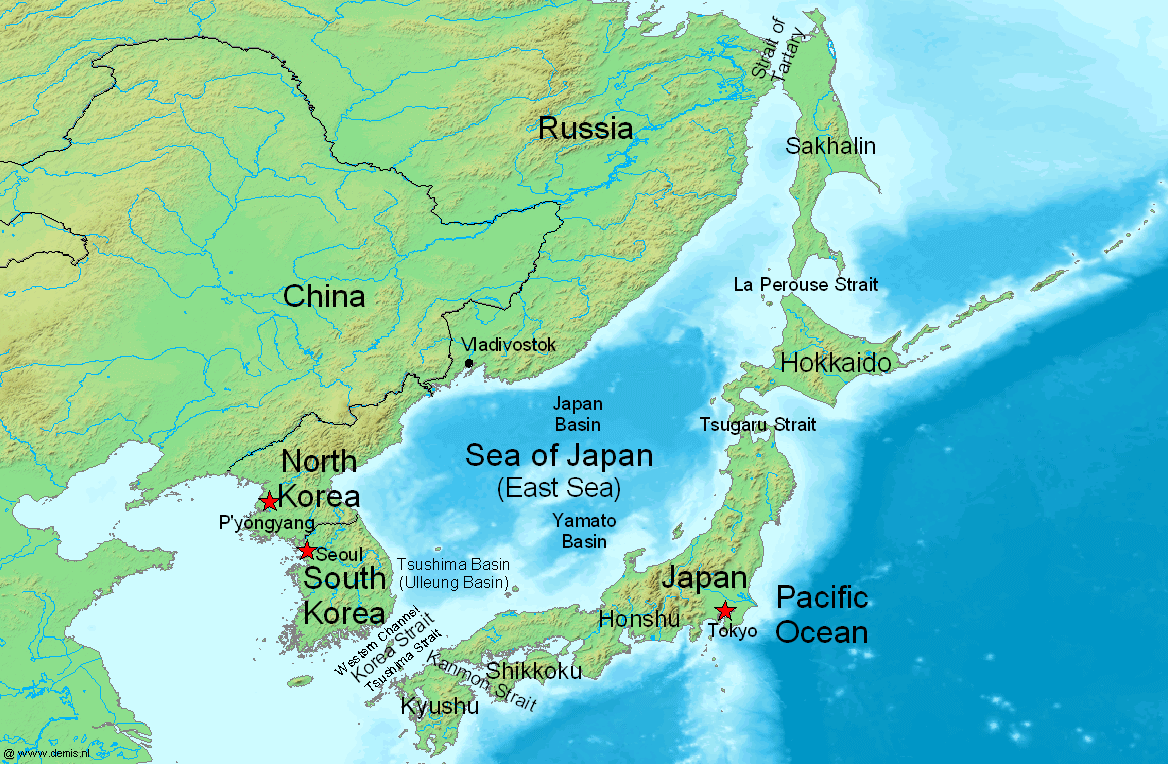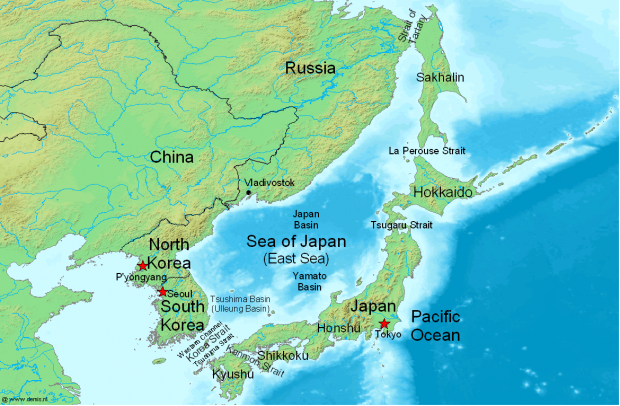
Seoul-Tokyo radar row risks derailing military cooperation
An ongoing military spat between Seoul and Tokyo is casting a shadow on bilateral exchanges. According to Japanese media reports, Tokyo is likely cancel the planned dispatch of a Maritime Self-Defense Force destroyer to Busan for a joint maritime exercise in April. Japan planned to deploy the MSDFS Izumo to take part in the ASEAN plus eight drill. Defense ministry spokeswoman Choi Hyun-soo said Monday that the countries and vessels taking part will be decided in late February. Meanwhile, Rear Adm. Kim Myung-soo, commander of the Navy’s First Fleet, postponed a visit to Japan. The visit was part of an exchange program where Seoul sent a two-star Navy officer to Tokyo in odd-numbered years, and Tokyo reciprocated in even-numbered years. Choi said the visit was postponed due to the rear admiral’s schedule, but declined to provide specific details. The response was seen as a sign of caution amid the deteriorating ties over a “radar conflict.” Japan claims the destroyer Gwanggaeto the Great locked a fire control radar on one of its P-1 maritime patrol aircraft, Dec. 20. Seoul has denied the claim, stating the warship was conducting a humanitarian rescue operation involving a North Korean ship, and that the issue was about the Japanese patrol plane flying at a threateningly low-altitude. Japan engaged in low-level flights over or near Navy vessels on three additional occasions in the following weeks. The ministry spokeswoman hinted the issue could be addressed at an April working-level meeting concerning the Western Pacific Naval Symposium, a biennial meeting of countries in the Pacific to discuss naval matters. While the symposiums are held in even-numbered years, workshops are held in odd numbered years. “Defining international regulations to prevent the recurrence of such incidents appears necessary,” she said.
Abe omits ties with S. Korea in speech
Amid the ongoing flap, Japanese Prime Minister Shinzo Abe delivered an annual policy speech Monday, but did not address ties with South Korea. The Japanese leader had previously dedicated a passage on wishes to promote “future-oriented” relations with Seoul. This is seen as reflecting the current strain in ties over not only the radar spat, but also issues concerning the two countries’ history. They remain in conflict over South Korea’s Supreme Court rulings that ordered Japanese companies to compensate victims of forced labor under the latter’s colonial rule. Another issue centers on a disputed sex slave deal reached in December 2015. Last November, South Korea disbanded a foundation that was set up to carry out the agreement.
By Kim Bo-eun
(Korea Times)



